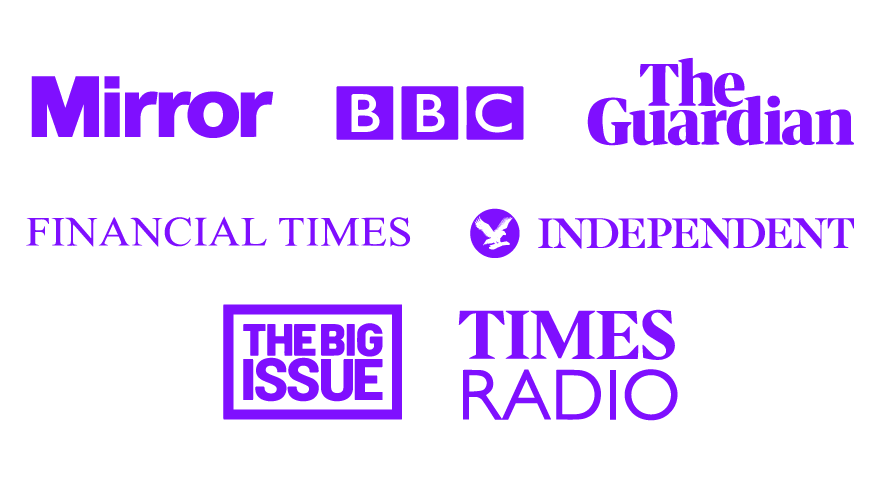Very soon after the reality of the pandemic hit home, research councils and other social science funders began to issue rapid response calls for research on the social and economic impacts of Covid-19. My first response to this was mixture of defensiveness and frustration: “The impact? It’s going to be shit! We know it’s going to be shit! Why do we need more research telling us how shit it’s going to be?!”
Even at the time, I was able to recognise that some of my reaction was due to my own personal overwhelm as the country entered lockdown. Here I was, trying to maintain momentum on my existing research projects, along with three young children now at home, and yet finding myself bombarded with numerous emails every day offering opportunities to propose new studies on the pressing issues presented by Covid-19. I just couldn’t see how I could possibly take on anything else, and so was feeling a discomfiting combination of despair but also academic FOMO, as others seemed to be snapping up these chances for collaboration and career advancement.
My own personal stresses aside, I also had a genuine feeling that the focus on conducting more social research at this time was misdirected. To put my initial reaction more politely, it was already abundantly clear that people who were already suffering at the hands of austerity and inequality were going to be far more adversely affected by Covid-19, both in terms of direct health impacts, and the unintended social and economic consequences stemming from lockdown and social distancing. Much as the government’s recent announcement of an enquiry into racial inequality was met from many quarters with exasperation, I asked: Did we really need more research to tell us this?
Well, as the weeks have gone on, and I’ve had the privilege to be able to dial in to numerous excellent webinars and discussions on the interwoven issues of Covid-19, inequality and austerity, I’ve come around to thinking that perhaps we do. Those of us who have been engaged for many years in research on welfare, poverty and inequality DO know these things. But, it seems, politicians still do not grasp it, and still need telling. To take a stark example, it takes a footballer to let the Prime Minister know what needs to happen. So perhaps there is value in keeping on chipping away, repeating and reinforcing the message, especially now that Covid-19 has made these issues all the more critical, all the more transparent and, you would hope, harder to ignore.
As for the experiences of those taking part in research, I also questioned the ethics of embarking on new studies that made demands on the time and energies of people living under extreme pressures at these times. Was this research really going to change anything for them, or would it merely provide fodder for another academic publication? However, in dialogue with others during the first of the Covid Realities webinars, I was struck by the notion of ‘bearing witness’ at this time. Making sure that the voices of people living through distress and hardship were not silenced, that people had the opportunity to have their experiences heard and documented, and so become part of the history that is recorded of this episode. Would this make any difference to politicians, policies, or people’s daily struggles? I don’t know.
But perhaps just having somebody listen to you is still something. We are all being encouraged to stay connected at this time, and to talk to someone when difficult things are on our minds. Maybe in some ways, a genuinely interested and compassionate member of the social research community asking if they may spend two hours in your company to hear and bear witness to your views has value in itself. If the research is conducted with sensitivity and respect (as it must be in all times), we may have the chance – even if only in a tiny way – to positively impact the self-esteem and wellbeing of those participating and collaborating in our endeavours.
In the end, I think it comes down to being honest. Honest with research participants and with ourselves about why we’re doing research and what we think it will achieve. We probably won’t change the world with this one interview or this one study. We are unlikely to have the Rashford effect. But we will be contributing to a bigger story. And at the moment, people do seem to be more open to listening.
Dr Annie Irvine is a Research Associate at the University of York, with interests in mental health, employment and welfare reform. https://www.york.ac.uk/spsw/staff/annie-irvine/


